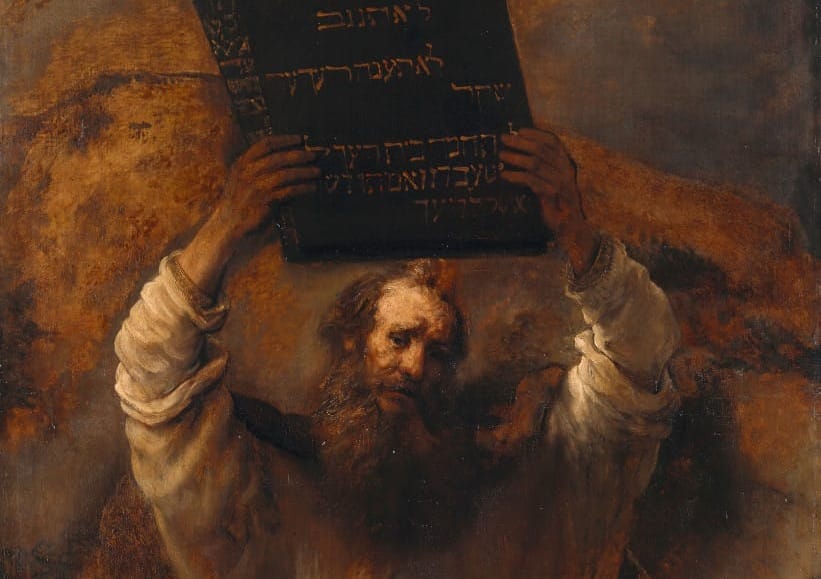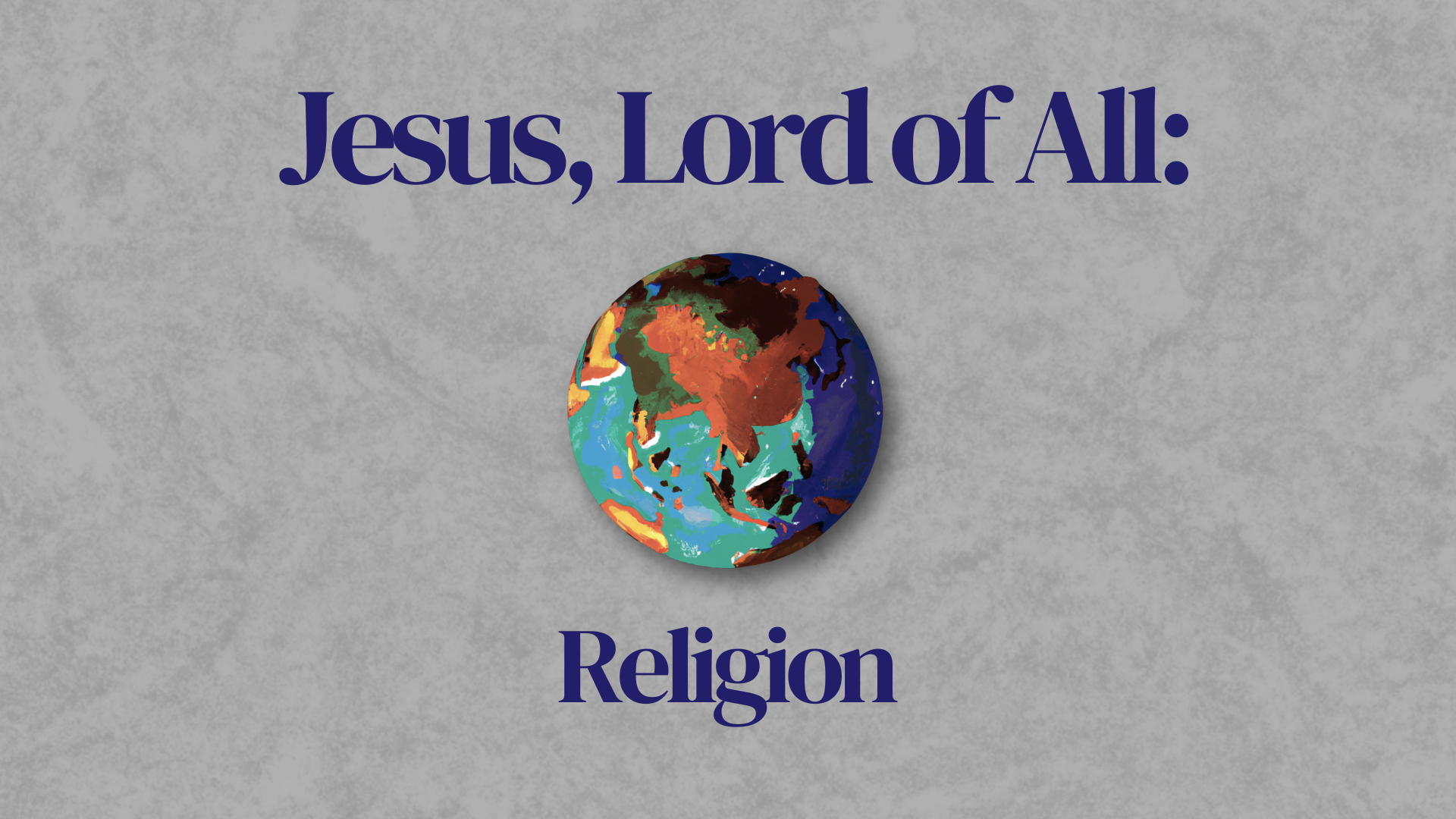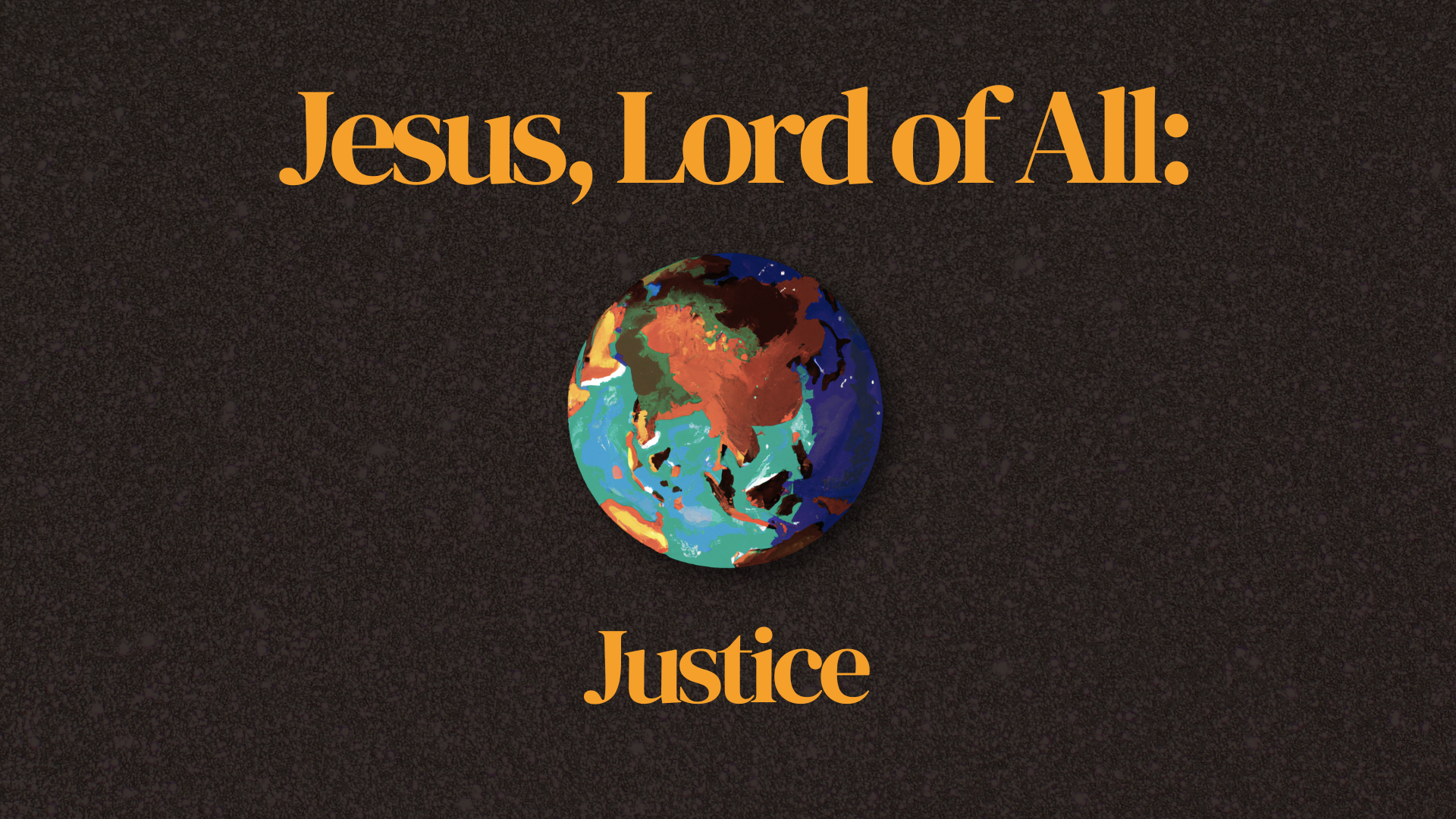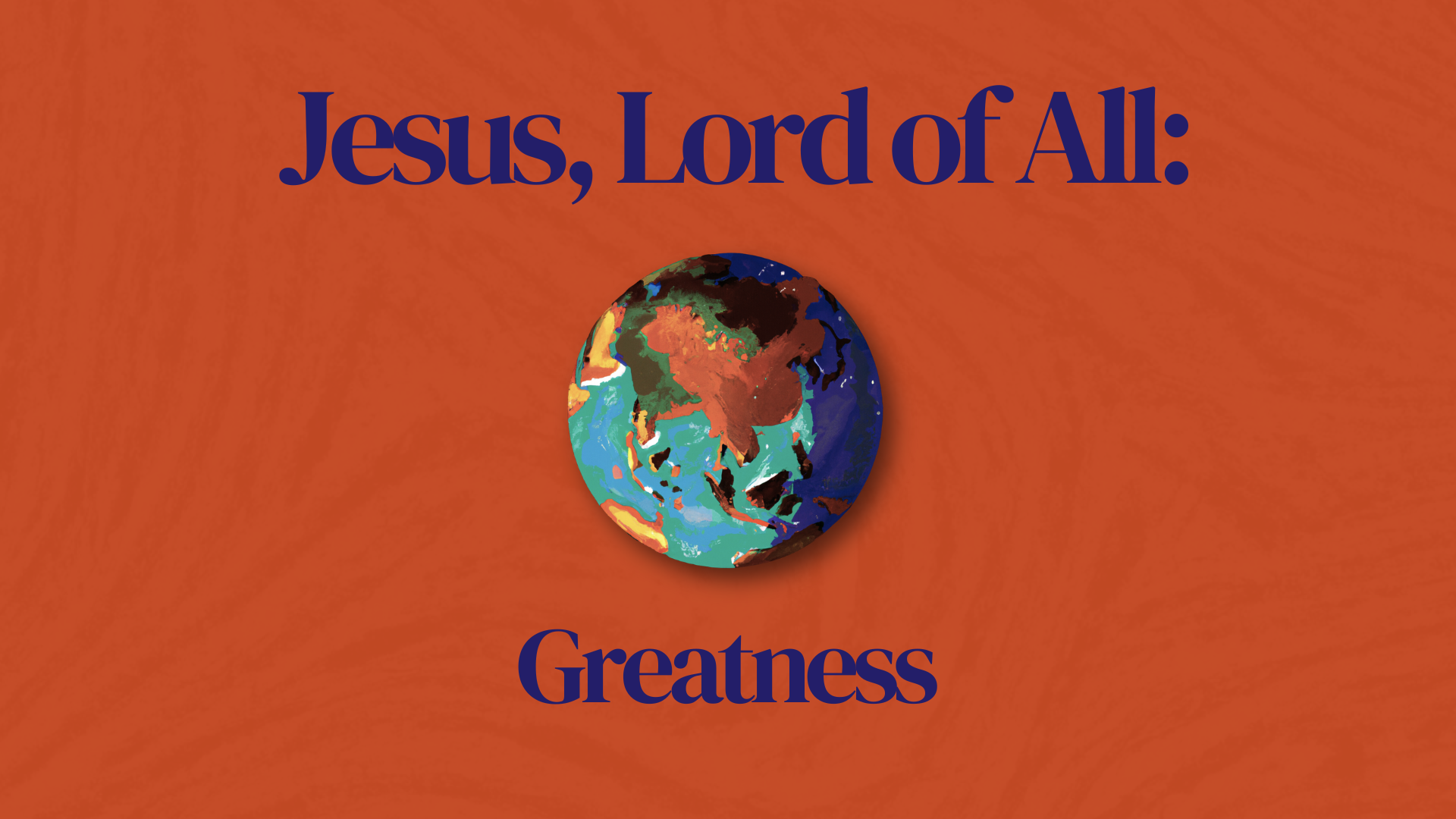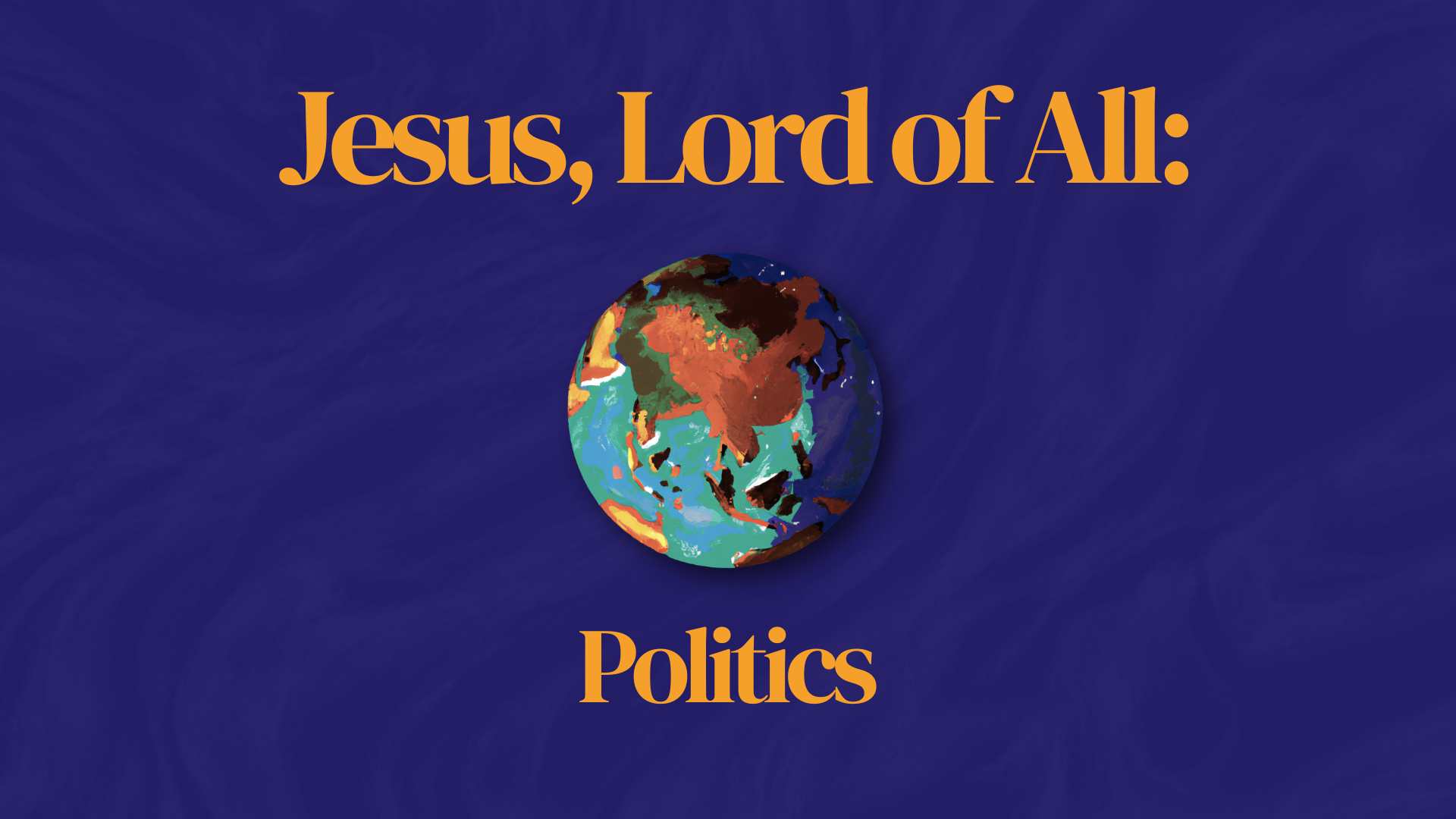Christianity and politics in the twenty-first century is a complicated field. The 2024 election cycle has, among other things, brought this dynamic to the foreground of our social conscience perhaps more than ever before. How are Christians to think through this election? How are they to make a decision about who to vote for?
In a time of such uncertainty, there is only one place to go for certain guidance: Holy Scripture.
But there is a problem. The Bible does not direct Christians on how to vote. Participation within a democratic government is one of the many issues that Scripture never touches. God’s Word does not tell us what house to buy, where to send our children to school, who to marry, what profession to pursue, what sort of movies we can or cannot watch, or which party in the American political scheme we ought to vote for.
Scripture is written to a time where monarchy was the only form of government. Beside a brief period of Greek democracy, which is quite different from our American system, the culture that received the Bible had no conception of “participating in government,” or casting a vote that might help determine who was going to rule.
What God does leave us in His Word is something better, something deeper: principles. The Bible consciously chooses to impart Christian principles and concepts that combine with a renewed mind in the Holy Spirit to produce Godly wisdom for everyday life.
Political Principles
There are two major biblical concepts or principles that ought to inform a Christian approach to democratic participation:
- A biblical conception of the State.
- A biblical understanding of God’s Law.
If these two concepts are fleshed out and well comprehended, then the Christian has everything they need to engage with the political world of our day in a thoroughly biblical manner.
A Biblical Concept of the State
The most informative text in all of the Bible regarding God’s design for the State or Government is the Romans 13. Here, Paul defines the State (the hostile Roman state at that) along a few major lines.
First, the State is an institution created by God (13:1-2). It exists because God decreed it ought to exist.
Second, by the mere labeling of the State as an institution created by God, Paul simultaneously details that the State is separate from the Church, whom he is directly addressing in his letter.
Third, Paul expands this thought by explaining why God created the government: to be God’s servant for our good, and God’s servant to pour out wrath on wrongdoing (13:4). Put simply, the State serves to generally exist for the promotion of societal good and the punishment of societal evil. That is its domain.
Thus, “God, the supreme Lord and King of all the world, has ordained civil magistrates to be under him, over the people, for his own glory and the public good; and to this end has armed them with the power of the sword, for defense and encouragement of them that do good, and for the punishment of evildoers (LBC 1689, 24.1).
The State is designed by God to be beholden to God and His decree of what is right and wrong. The Law of God is implanted into the very heart of a government by design. So then, it is entirely appropriate and Christian to desire that your government uphold Godly definitions of good and evil, passing statues that benefit the good and punish the bad. This is different from a Theocracy, or the notion of making “Christian nations,” but that is a topic that must be handled at a later time.
This is, generally speaking, how all governments throughout the world operate. Though each State recognizes this to varying degrees, they all are beholden to God and his Law. So, as Christians in the United States who have some part to play in determining the direction of our political reality, it is perfectly right to vote in such a way that stimulates our government to honor what God defines as good, and execute justice against what God defines as evil.
A Biblical Concept of God’s Law
Defining God’s conception of good and evil gets considerably more complex. This is not the place to present a comprehensive biblical theology of right and wrong in the eyes of God. That would be a very intensive undertaking and would eclipse the scope of this article. Instead, this concept will be succinctly fleshed out in dialogue with the real modern concerns of our political cycle.
Here is the reality I am trying to present: If the 2024 election contained two candidates, one clearly opposing God’s Law, one clearly in line with biblical definitions of good and evil, then it would be a simple and easy choice. The Christian thing to do would be to vote for the second candidate whose campaign champions God’s law.
The problem I am seeing is that far too many Christians are approaching this election from such a vantage point. They use hyperbolic, conclusive rhetoric and demonize their opponents (usually Democrats) as being firmly out of Christian consideration because they do not uphold God’s Law. We ought to be extremely cautious with such rhetoric. Allow me to show you why.
The major weapons in the Republican-voting arsenal at this moment center around these central issues: Protection for the unborn, preservation of the family unit, and the halting of the gender revolution through prohibiting the teaching of CRT and other liberal ideologies. There is clearly reason to believe that each of these causes positively correlate with God’s Law. Scripture is quite clear about God’s love for the unborn, His mandate for the family as being one man joined with one wife, and His firm definitions of gender that cannot be altered alongside a general biblical witness that opposes the tenets of Critical Race Theory. Amen. Clearly, there is reason to vote Republican, as they certainly (assuming political progress happens in office) would aim to operate in some senses under the Law of God as it pertains to these pressure points.
However, at the same time, there are sections of the GOP campaign that also clearly fall out of line with what the Bible defines as right and wrong. Closing borders, eliminating sanctuary cities, and prioritizing a “merit based” immigration system are all proposed measures. The GOP plan is also notable for what it omits: any mention of combating racial discrimination; any comment on why they have decided, for the first time in 40 years, to change their abortion policy to distance themselves from a federal ban, or any curtailing of corporate greed in America. Scripture is equally as clear about God’s love for the foreigner, His hatred for racism, and His hatred for greed and lack of social equity. Clearly, there are some parts of the Republican campaign that do not in any way line up with God’s Law.
On the other hand, the major talking points of the Democrat platform focus on increasing the parity between the working class and the ultra-rich, prioritizing creation care through various means, combating hate speech, and promoting racial equity. Scripture testifies abundantly to God’s love for the poor, His desire that we steward the world wisely, His hatred for racial discrimination and conversely His desire for the marginalized and oppressed to be cared for. Amen. Clearly, there is reason to vote Democrat, as they champion various initiatives that certainly aim to please God as it relates to these particular points.
At the very same time, just as with the Republicans, the Democrat campaign has policies and concepts that are clearly out of line with what God defines as good and evil. Their acceptance of abortion, Critical views of race and gender, desire to change sexual norms and normalize “gender affirming care,” are certainly at odds with what the Bible defines as pleasing to God, and right or wrong in His eyes.
Putting It All Together
So where does this leave us?
While we are certainly right in wanting to vote for a party that will best uphold a biblical definition of good and evil, we are wrong when we downplay the complexity of the 2024 presidential election. When we consider the height and breadth of the Bible’s teaching, then we are forced to admit that voting for a party that honors God’s Law is not as simple or mechanical as we would like for it to be.
I’ve heard many Christians and pastors also make the argument that while it is complex, on this particular occasion, the issues of abortion and changing sexual mores simply outweigh the issues on the other side. I sympathize with this, but think it is ultimately a mistake.
To make this argument, the Christian is essentially forced into admitting that God cares more about the lives of the unborn and the sanctity of biblical sexuality than He cares about the sin of racism, greed, and the lives of marginalized immigrants. This is a difficult argument to substantiate with Scripture.
In fact, one could even argue that the Bible addresses the issues of caring for the marginalized, combating racism, and the dangers of greed more frequently than it touches upon the sanctity of biblical sexuality or the lives of the unborn. Don’t hate me. Frequency does not necessarily equate to more or less importance; I’m just noting that there is an argument to be made.
Even more so, the way in which you approach this question of “moral weight” depends immensely on your relative experience, background, and presuppositions. If you come from a marginalized community, you are much more likely to inherently affirm that the concerns of the poor and the discriminated against are of more importance. If you do not have such an experience, but instead come from a background that is relatively unfamiliar with poverty or racial discrimination, then it is quite easy to immediately assess abortion and sexuality as more consequential.
The neat and pat explanation of one side being significantly weightier than the other relies upon experience and presuppositions. Not Scripture. So what are we to do?
Well, simply put, Christians have to pray and choose. If Christ is your Lord, then you possess the Spirit. He will lead you. Yet, no matter where you land, you must at the very least recognize the complexity and validity of those who might vote differently from you.
What we cannot do is make politics into an idol, or twist Scripture to fit our dogmatic determinations. This is exactly what Jesus spoke of when he boldly refuted Pilate saying “My kingdom is not of this world,” (Jn. 18:36, ESV). As Tim Keller once remarked, a two party political system does not serve Christians well. The current political system “virtually forces us to leave half our faith at the door — either personal wholeness ethics or social wholeness ethics.” Both realities matter to God, and yet we must choose.
Final Thoughts
My burden for the church of America is not that Christians would vote Republican or Democrat, but that they would think deeply and biblically as the people of God, refusing to create division with needless dogmatic rhetoric.
As you vote, carry a few final considerations with you.
First, despite what I have seen from pastors on the right and the left, character does count for something. The Bible clearly speaks of God’s blessing following virtuous leaders, not virtuous policies. There is still truth to carefully considering policy, but completely removing a leader’s character from the equation is absolutely unbiblical.
“When the righteous increase, the people rejoice, but when the wicked rule, the people groan.” (Prov. 29:2, ESV).
This is not to say a leader can or must be Godly. It is true that Jesus is not on the ballot. However, this concession does not eviscerate the biblical connection between blessing and character. What a person does, how they treat people, the things they say, all count for something.
Second, humbly consider this: culture dictates politics; politics do not dictate culture. The end of Prohibition in the early 20th century is a perfect example of this. Policy could not successfully change the culture which wanted the freedom to drink. The political parties that are currently vying for the seat of American authority do not represent the power to change culture, they embody two sides of culture itself. The Republican agenda reflects the concerns, ideas, literature, arts, and values of a segment of our nation’s culture. As does the Democrat platform. Why is this significant?
If Republicans win this election, do not suppose that the ideas of the “Democrat Party” will be vanquished. They will in fact endure. The “culture war” will not be anywhere close to won. Why? Because the values of the DNC are not truly the values of the DNC. They are the values and ideas of an entire segment of the United States, a culture that they only represent. Trump sitting as president will not change their culture whatsoever. They may have less policy-affecting power for a time, but this is only temporary and will never bring deep holistic change. The same is true if Democrats win the ballot. The Republican ideas will endure, and be debated all over again.
If you see the 2024 election as a battle for the “soul of our nation,” please consider that politics are, at best, only one of the ways in which the culture of a State is curated. If forging, or reforging the culture of America is your concern (as both sides insist it is) then you must understand that it is the employment of art, literature, storytelling, journalism, education, business, academia and the like that capture the imagination of a society (or a segment of it) and generate true cultural change.
Respectfully, no, the 2024 election is not a battle for the soul of American culture. It is only a mirror which reveals the true state of our society as it stands. Neither Kamala or Trump have the inherent power to change that.
Jesus meant what he said before Pilate. The Kingdom of God does not mix well with the parameters of our world. You might say, “Caleb, if I take what you are saying to heart, this puts me in a really uncomfortable position.” You would be correct. It most certainly does.
A thoroughly biblical approach to politics avoids passivity by insisting that the State does in fact have God’s Law at the heart of its design. As far as we, The People, can push our nation towards the Law of God, we ought to do so. Yet, the same biblical approach prevents us from being naive, simplistic, and divisive like the rest of our world.
Dear Christians, vote with a humble heart.






